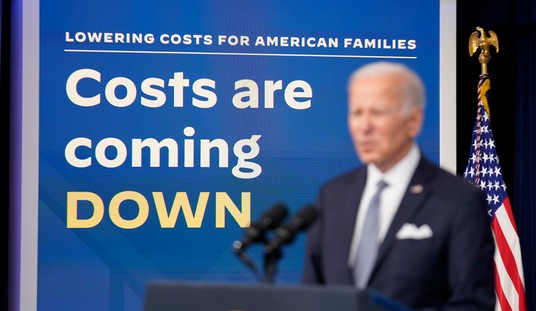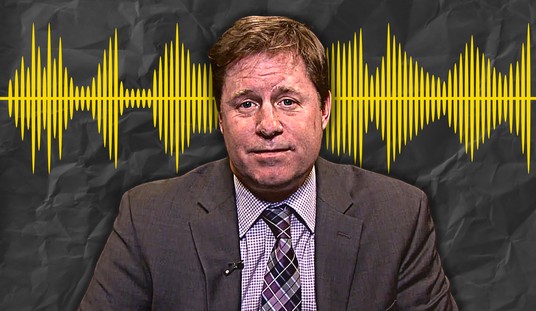As much as I have trouble believing it, there seems to be a portion of the public that will immediately dismiss anything Cato has to say on the financial crisis. So as much as I try to reach anyone willing to listen, there are just many unwilling to do so. Given the importance of understanding the financial crisis, it is essential that we have some intelligent, thoughtful voices on the Left. Perhaps the best of those is MIT’s Simon Johnson.
While I am nowhere near 100% agreement with Simon, a recent EconTalk podcast on the financial crisis illustrates that he is generally more right than wrong. From the podcast, Simon clearly sees central banking as an ultimate source of moral hazard in the financial sector. His discussion of the Aldrich-Brandeis views on the founding of the Federal Reserve alone make the podcast a worthwhile listen.
From EconTalk:
Simon Johnson of MIT and the author (with James Kwak) of 13 Bankers talks with EconTalk host Russ Roberts about the origins of the financial crisis and how the next one might be prevented. Invoking the work of George Stigler, Johnson argues that the financial sector has captured the regulatory process and the result is that regulation and government intervention have been steered more by the interests of the financial sector than to the benefit of the general public. Johnson argues for capping the size of banks in order to reduce the danger of systemic risk and the too-big-to-fail excuse for bailing out banks. Johnson also discusses the role of the Fed in subsidizing risk-taking and leverage in the financial sector.
Time: 01:04:49
His core message is one of regulatory capture in the financial system, going as far as calling himself “a follower of George Stigler.” This is certainly a point where progressives and libertarians can agree. It is perhaps on the cures that we disagree.
Recommended
So if you are frustrated that some of your friends seem to be getting all their (mis)information on the financial crisis from the likes of Paul Krugman, then point them towards this podcast.
While Simon has apparently covered much of this in his book, 13 Bankers, I have to admit to not having read it. I’ve largely put it off because as a regular reader of Johnson’s blog, I find his co-author/blogger to be excessively partisan, not to mention lacking an understanding of what free-market proponents are actually advocating.
























Join the conversation as a VIP Member